8 Brainy Movies That (Almost) Get Neuroscientist Stamp of Approval
CAS memory expert’s favorite mind-bending films, based on scientific accuracy

A “totem,” from memory manipulation film Inception.
The accuracy of Hollywood’s depictions of memory erasure or manipulation varies wildly from film to film, but some movies actually do a pretty great job, says neuroscientist Steve Ramirez. The College of Arts & Sciences assistant professor of psychological and brain sciences is an expert on the human brain as well as an avid movie watcher. Whether or not you’ve seen Blade Runner 2049, released last fall, over the past few years you’ve likely consumed some fictionalized depiction of how memory works. It’s a hot topic, both in academic labs and in the film industry.
Inspired by a recent wave of movies on the subject, Ramirez ranked eight of his favorite “mind-bending” films in order of how realistic they are from a scientific perspective. Here’s his take on what Hollywood gets almost right and wrong:
1. Memento
Memento is one of the most realistic accounts of amnesia — the inability to form or recall our personally experienced events — that I’ve seen come out of Hollywood, because of its broken storyline. It has viewers piece the story together themselves.
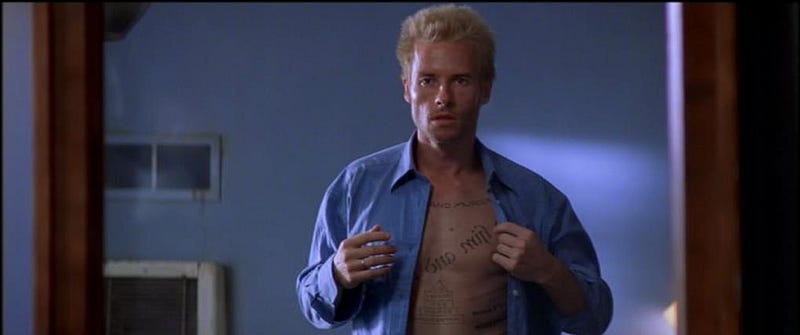
Guy Pearce’s character uses tattoos to track what is real and what is false from his own memory in Memento. Photo courtesy of IFC Films
2. Inside Out
Inside Out is a Pixar classic that zooms into a child’s brain and lets us see her memories form, change, and evaporate over time as she matures. It beautifully connects memories, our childhood, and how they are altered over time. Pixar nailed it: they actually consulted a team of neuroscientists for the movie to make sure they correctly depicted certain memories and emotions.
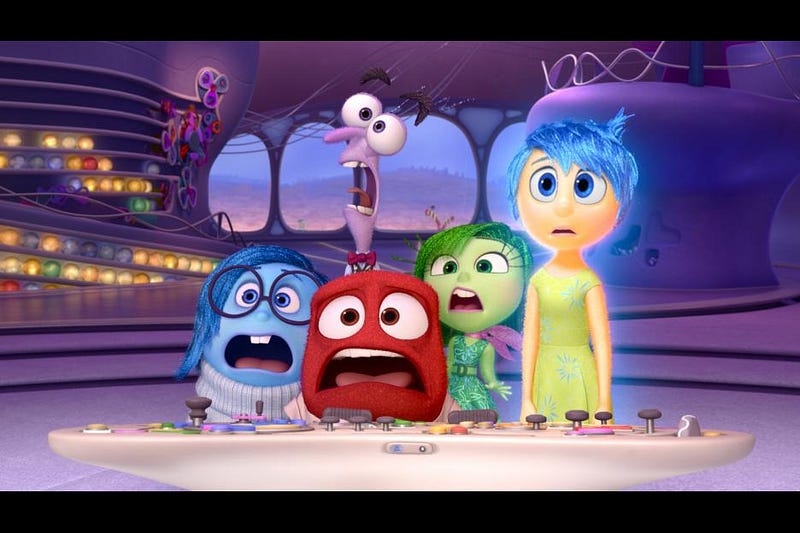
Inside Out was a smash hit animated film in 2015. Photo courtesy of Disney/Pixar
3. The Bourne Triology
The Bourne Trilogy (which starts with The Bourne Identity) is a fast-spaced action series about Jason Bourne, an agent with amnesia who knows how to win any fight, but doesn’t remember who he is or where he came from. Like Memento, it also does a good job highlighting how profound memory’s influence is on our identities and who we are at the core.

Matt Damon stars in The Bourne Identity. Photo courtesy of Universal Studios
4. Inception
Inception is a mind-bending film on implanting and extracting memories in the brain, done with high-octane drama and a twisting, dream-like storyline. While we can’t enter people’s memories directly like in the movie, a rich body of literature does exist on the malleability of human memories and how easily false memories can be created.
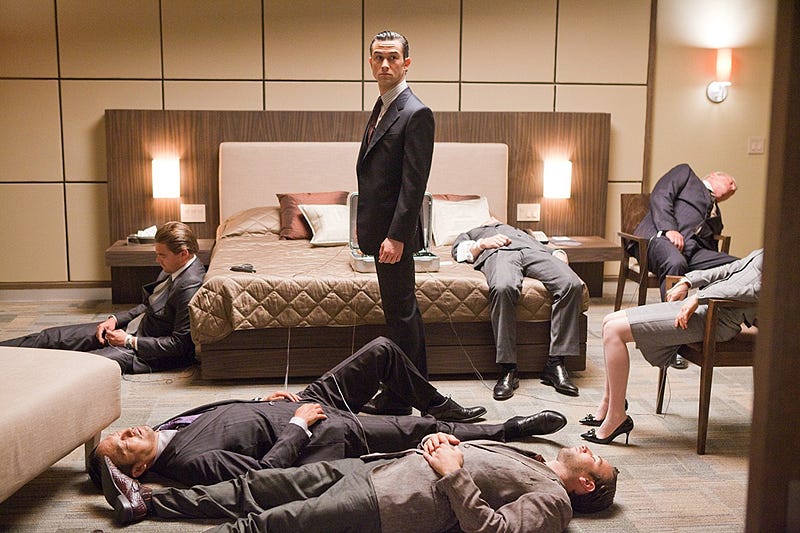
Inception. Photo courtesy of Warner Bros. Entertainment, Inc.
5. Eternal Sunshine of the Spotless Mind
Eternal Sunshine of the Spotless Mind is perhaps the most famous memory erasure movie ever. Would you erase the memory of a loved one after a breakup if it eased the pain? We’ve been able to erase memories from mice brains, but memory erasure in humans is still far off on the horizon.
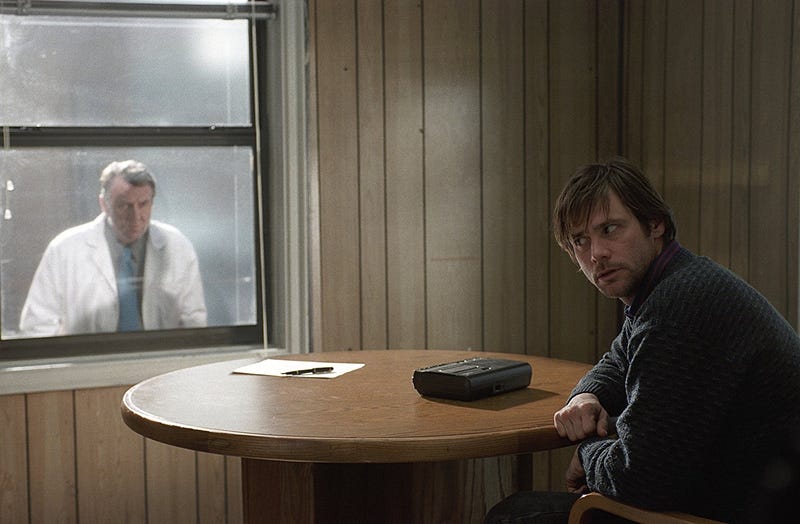
Would you erase painful memories if you could? Jim Carrey stars in Eternal Sunshine of the Spotless Mind, which investigates this topic. Photo courtesy of Focus Features
6. Blade Runner and Blade Runner 2049
Blade Runner and Blade Runner 2049 — a classic and instant-classic — tackle the concepts of implanting memories in human-like robots. It has one of the clearest depictions of just how much memories form the basis of our identities.
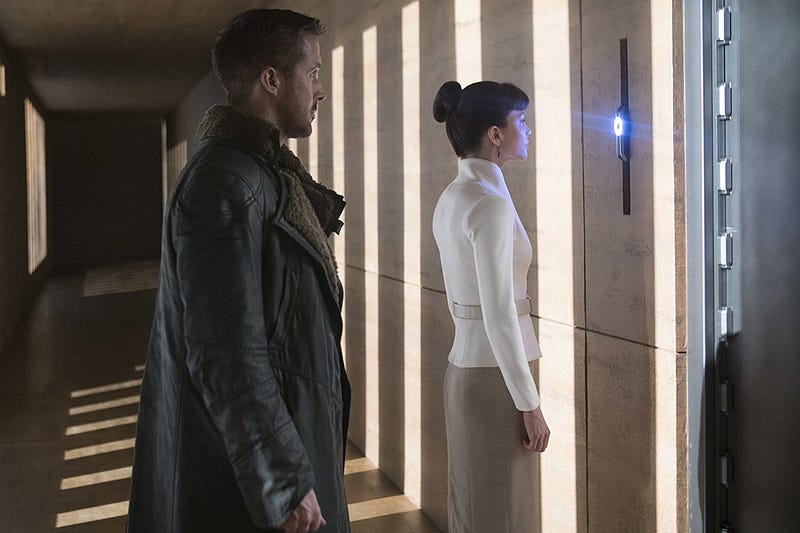
Blade Runner 2049 shows how memories inform who we are. Photo courtesy of Alcon Entertainment
7. The Matrix
The Matrix is another classic. “I know Kung Fu,” says Neo, after having martial arts skills uploaded into his brain. The movie tackles the philosophical questions of brains, free will, uploading information onto the brain, and how this changes us forever.
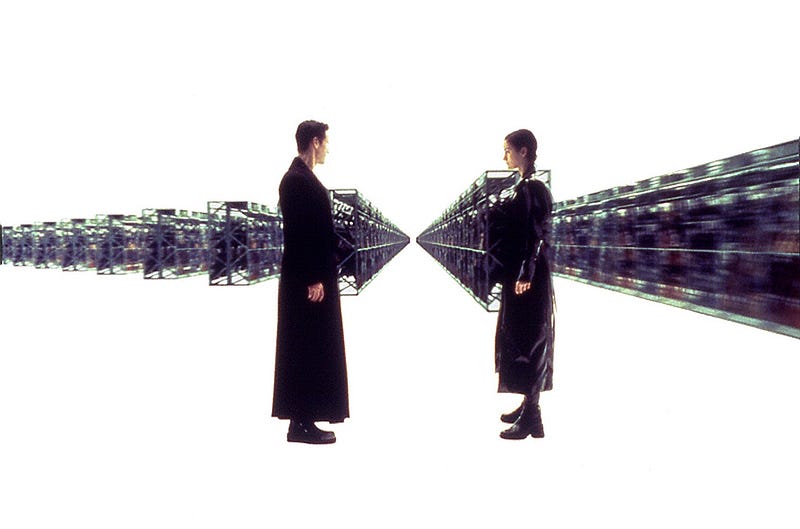
Keanu Reeves and Carrie-Ann Moss in The Matrix. Photo courtesy of Warner Bros. Entertainment
8. Total Recall
Total Recall has the main character going into a machine where he can live out any reality or fantasy that he sees fit. Things get blurry, however, when reality and fantasy start to blend and force viewers to ask themselves: if our subjective reality feels real, then does it matter if it’s real or not?

Arnold Schwarzenegger in Total Recall. Photo courtesy of Columbia/TriStar Pictures
For additional commentary by Boston University experts, follow us on Twitter at @BUexperts and on Instagram at @buexperts.
Comments & Discussion
Boston University moderates comments to facilitate an informed, substantive, civil conversation. Abusive, profane, self-promotional, misleading, incoherent or off-topic comments will be rejected. Moderators are staffed during regular business hours (EST) and can only accept comments written in English. Statistics or facts must include a citation or a link to the citation.